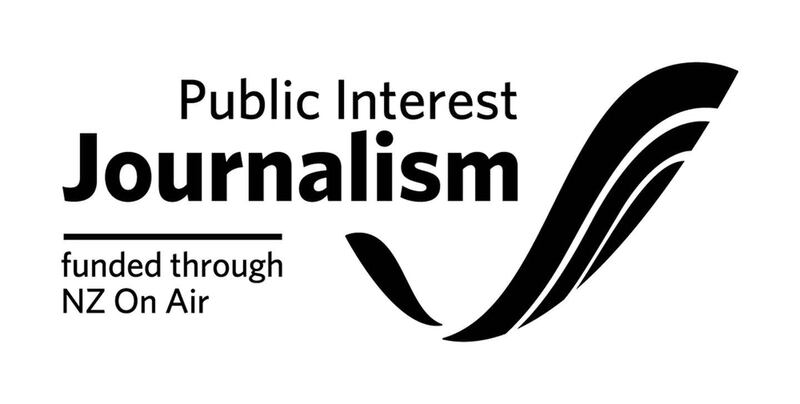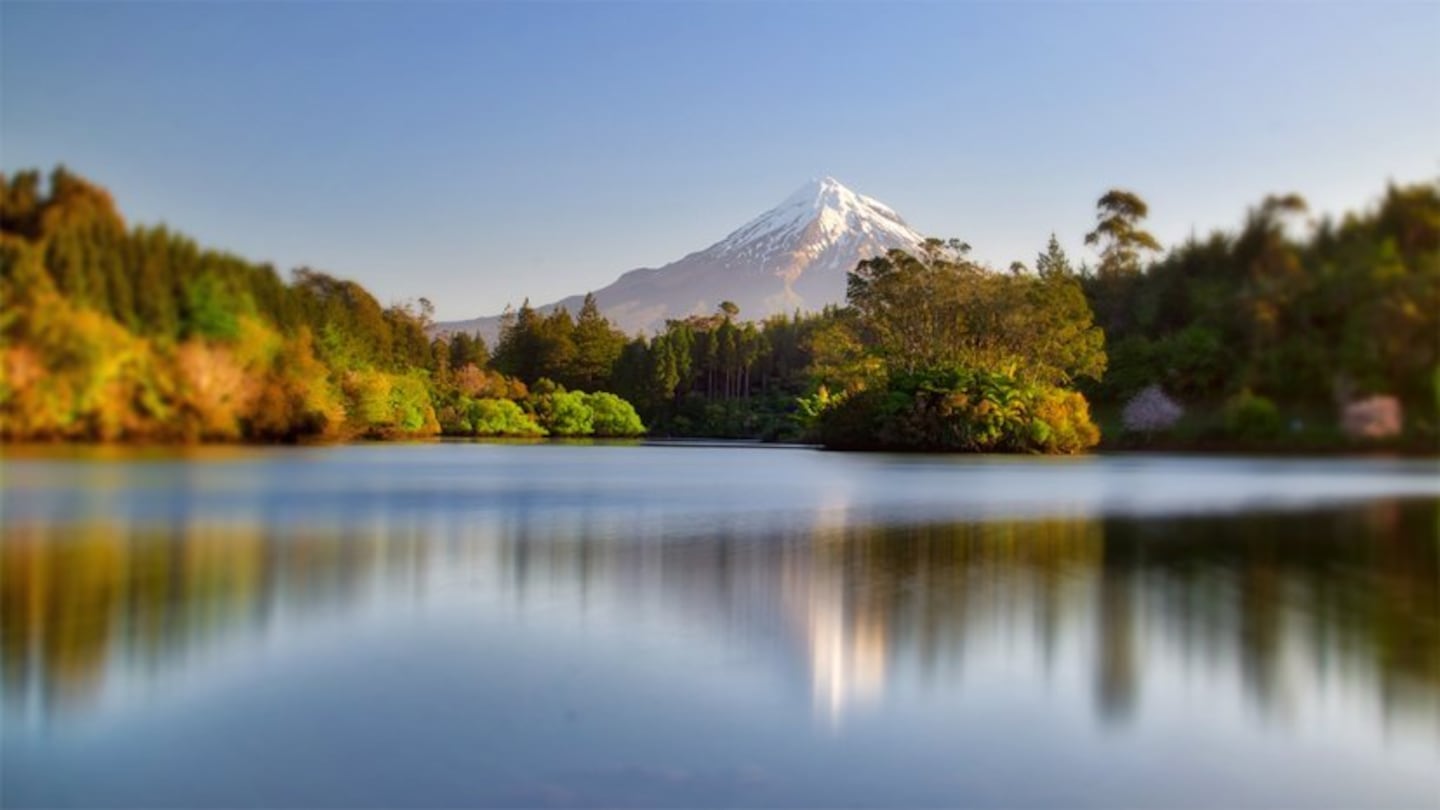Like asking the fox to design a chicken coop – that’s Te Korowai o Ngāruahine environment lead Dion Luke’s view of Taranaki Regional Council asking farmers to provide solutions to shocking levels of E.coli in Taranaki groundwater.
Taranaki Regional Council's groundwater quality test results have revealed the widespread presence of E.coli, a bacteria that is a sign of the presence of pathogens that could harm humans.
Luke says E.Coli has been identified in Taranaki rivers and streams for decades and one of the most troublesome businesses in the area is dairy farming and its wastewater systems.
He says hapu and iwi need to be involved in all the discussions, research and the monitoring of waterways.
Councils and communities are required to establish values and intended environmental outcomes for freshwater bodies in regions by the National Objectives Framework (NOF), which is part of a government policy that tells local authorities how to manage freshwater.
The councils monitor and report against a variety of measurements on the condition of a river or lake.
‘Don’t go swimming – but they don’t listen’
“The Taranaki Regional Council's approach has been to talk to the farmers to provide solutions, which is a bit illogical because it's sort of like asking the fox to design a chicken coop,” Luke says.
Emily Bailey, a scientist and climate justice advocate from Ngāti Ruahine and Te Atiawa, says E.coli pollution is continually defining the functions and importance of Taranaki's waterways.
“Hoki whenua mai- we have been disempowered to look after our taonga, our whenua and our wai for so long and there's so many of us who are hungry to protect it before it dies.”
For whānau “who live and breathe in the waves of their rivers”, Bailey says it is difficult to understand why the rivers are contaminated.
“We tell our whānau not to go swimming for a few days following heavy rainfall but people don't listen. They go and they get sick, so what we really need to do is to stop paru getting into the awa in the first place.”
Working with iwi
Taranaki Regional Council environment quality director Abby Matthews emphasises the importance of her position in overseeing science monitoring services and collaborating with the community.
She says farmed stocks contribute significantly to river pollution, and that the council’s primary purpose is to collaborate locally with iwi and hapu to create solutions to E.coli and other disease pollutants.
“We've recently signed an agreement with the iwi chairs to work together and have employed a couple of iwi planners that are helping us plan and write our new natural resources plan.”
Matthews says one of the things the regional council is required to do under the government's new national policy is monitor water quality for human health. To do that, it measures E.coli, which is an indicator bacteria used to detect other problems like campylobacter or salmonella.
“E.coli itself isn't always a problem but it identifies where it is a risk potentially to other things that might make us sick.”
Luke says the new national policy statement for freshwater, Te Mana o te wai, requires the council to collaborate with Iwi and hapu to plan action and investigate solutions to solve problems in the region.
“It’s an opportunity to ensure we have proper outcomes and monitoring for our awa to improve our waterways”.




